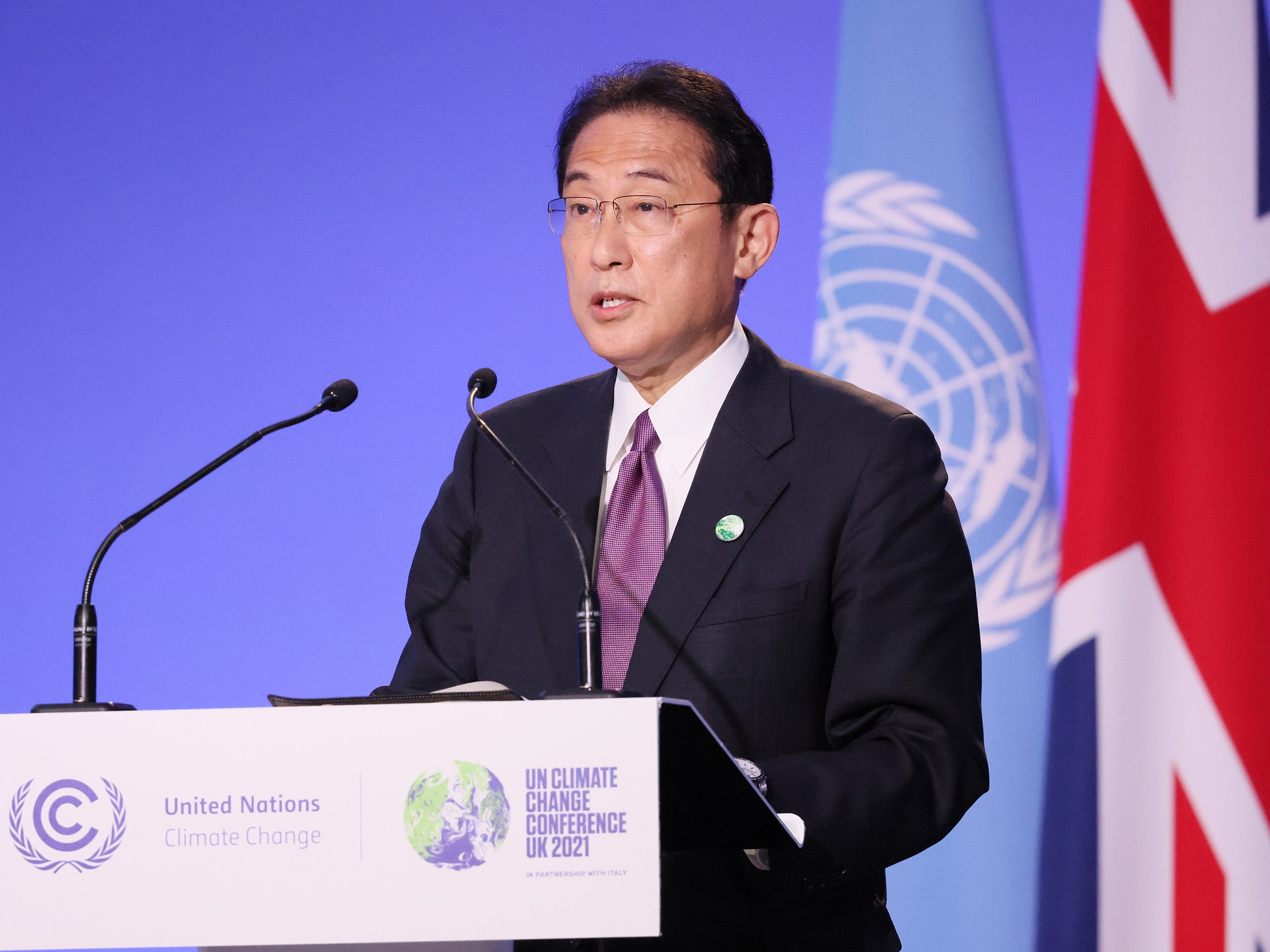The missile was fired from Pyongyang, one of three fired on Thursday morning, and appeared to have failed during normal flight following the propellant and warhead sections separating.
The missile reached a maximum altitude of 2,000 km and flew about 750 km before disappearing from the radar over the Sea of Japan, according to Japanese defence minister Yasukazu Hamada.
The launches were between 7:30am and 9am local time, causing emergency warnings for northern Japan. People in the prefectures of Miyagi, Yamagata and Niigata were warned to take shelter indoors and trains were halted.
The previous day, North Korea fired a flurry of missiles, a total of 25 of various kinds. This included one that landed close to South Korea’s waters.
It was the first time since 1945 when the peninsula was divided that weapons of the North had landed so close to the South and was the most launches North Korea has ever fired in one day.
Japanese prime minister Fumio Kishida called the launches “outrageous and absolutely intolerable”.

South Korea issued rare air raid warnings and launched its own missiles in response to North Korea’s.
Last month North Korea launched a ballistic missile back on October 4 over Japan, the first time it has done so in five years, prompting a warning for residents to take cover.
North Korea described it as a test of a new intermediate range ballistic missile (IRBM), which experts said would be potentially capable of reaching Guam, a key US military hub in the Pacific.
North Korea said the recent missile launches are in response to the US and South Korea mounting their large-scale joint military drills, calling them “military rashness and provocation”.
Seoul and Washington say these drills are defensive against the North’s continued threats and to deter nuclear ambitions.






